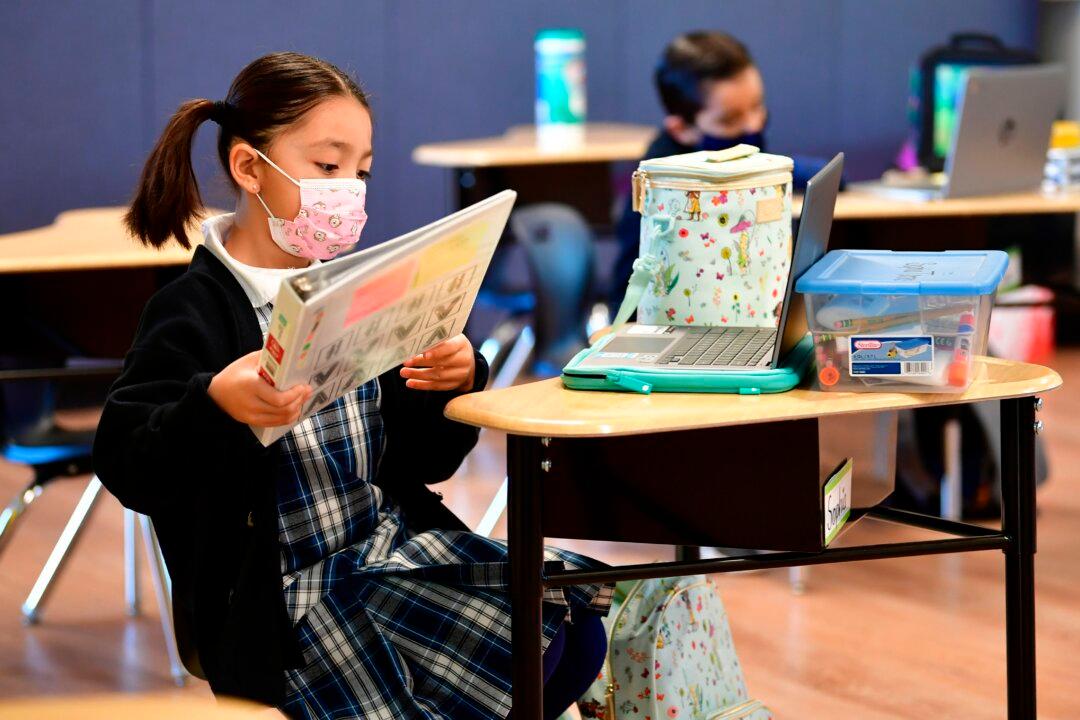California children are still struggling to recover from the COVID-19 pandemic both academically and mentally, according to a recent report from research organization Children Now.
“Children in California ... have not bounced back from the pandemic,” Children Now President Ted Lempert said in a Jan. 26 statement. “Too many kids are not thriving today and were not thriving before the pandemic.”





